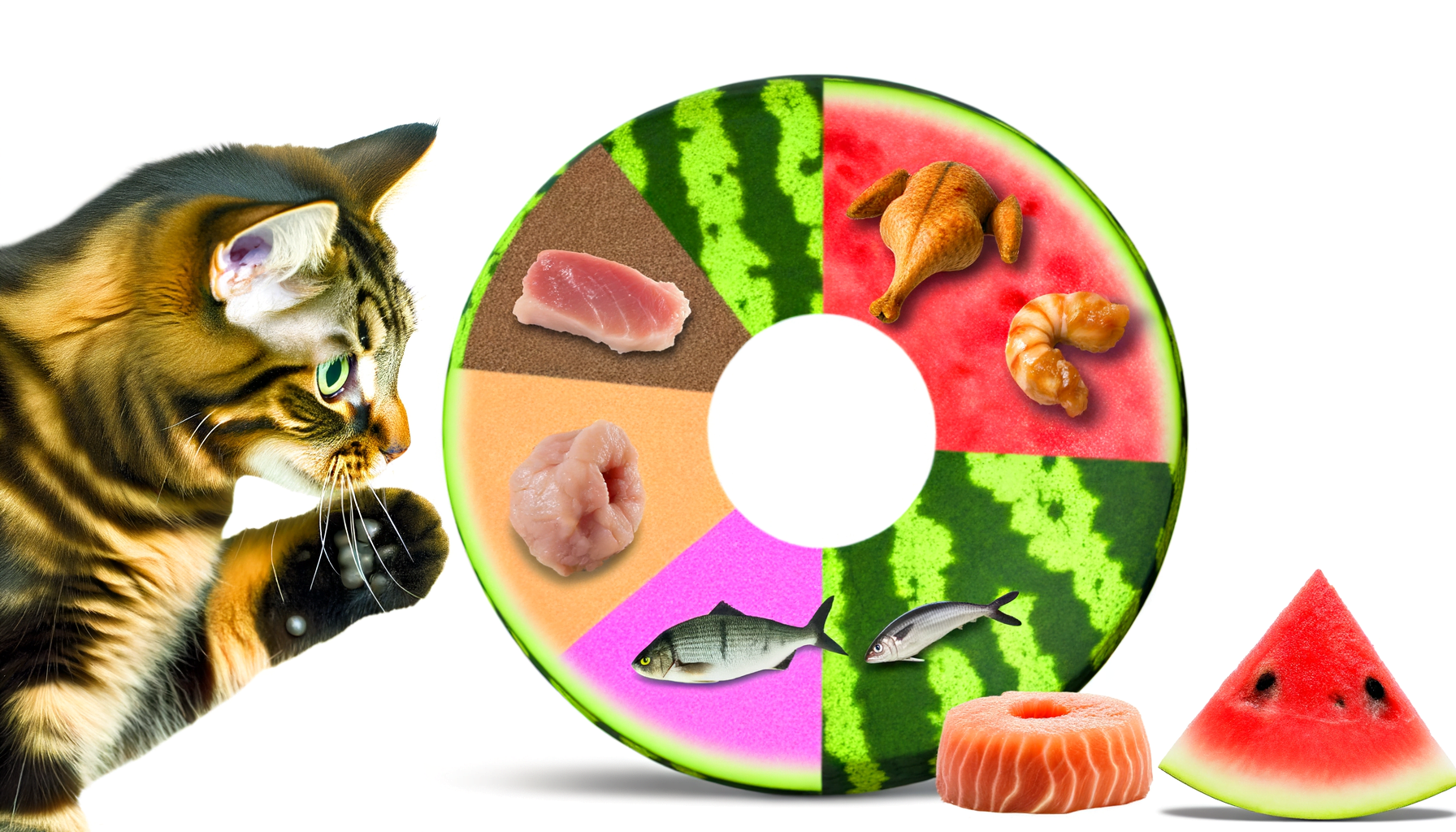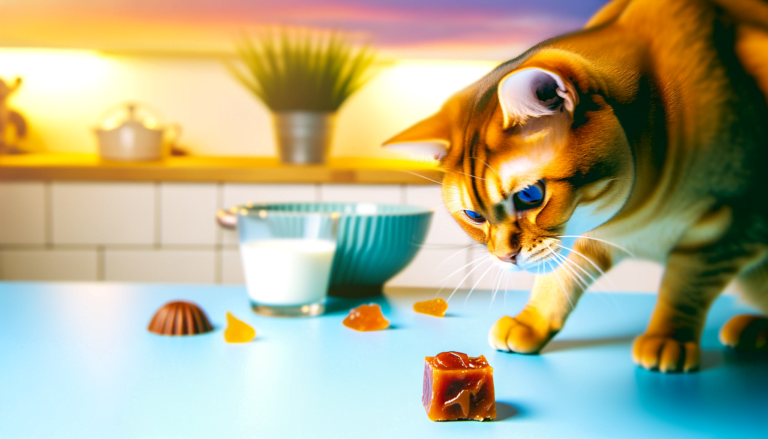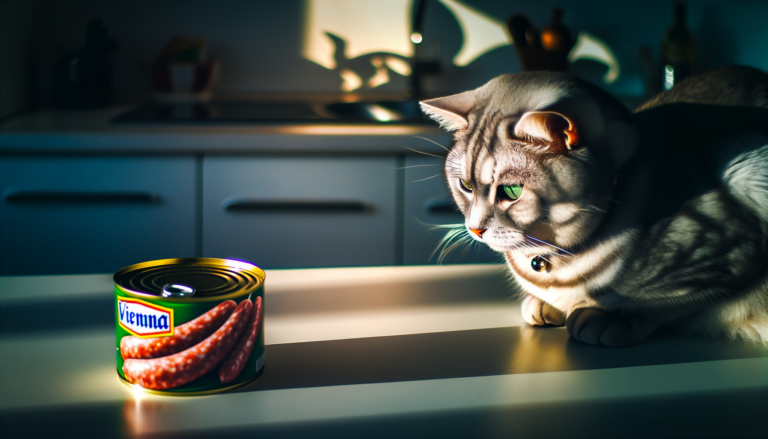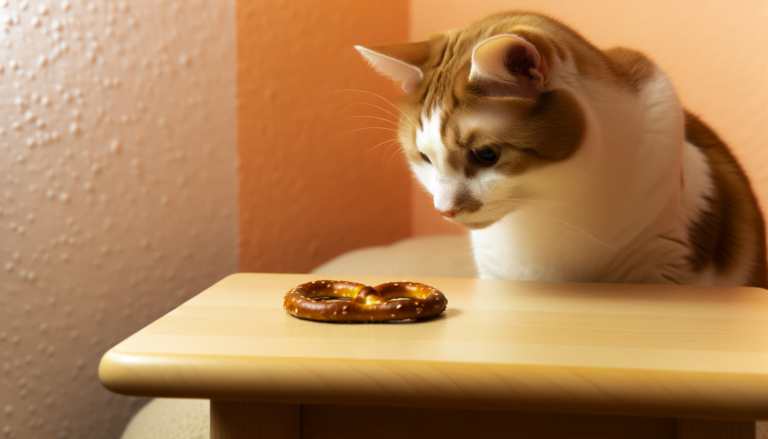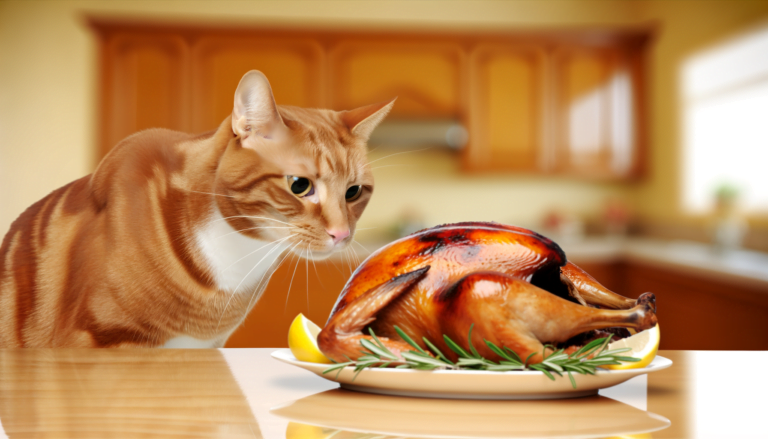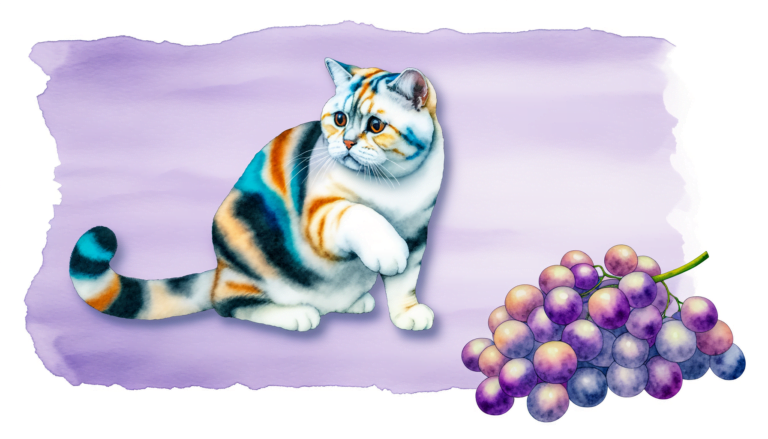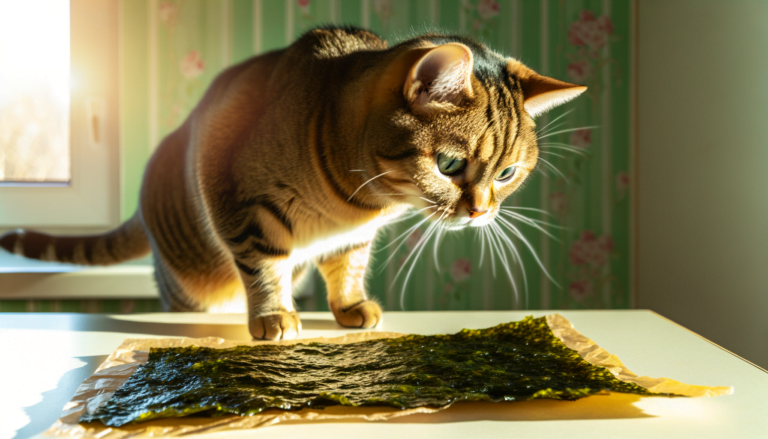Decoding Feline Diets: Can Cats Savour Watermelon Safely?
Yes, cats can indeed eat watermelon, but it’s essential to ensure it’s served correctly. While the juicy part of watermelon is safe and hydrating for felines, keep in mind that the seeds and rind can pose a choking hazard or cause intestinal blockage. Hence, it’s advised to remove seeds and rind before offering watermelon to your cat. Always introduce new foods gradually and monitor for any adverse reactions. Too much watermelon can also cause digestive upset, so it’s best to offer it sparingly as a rare treat.
Precautions to Take when Feeding Cats Watermelon
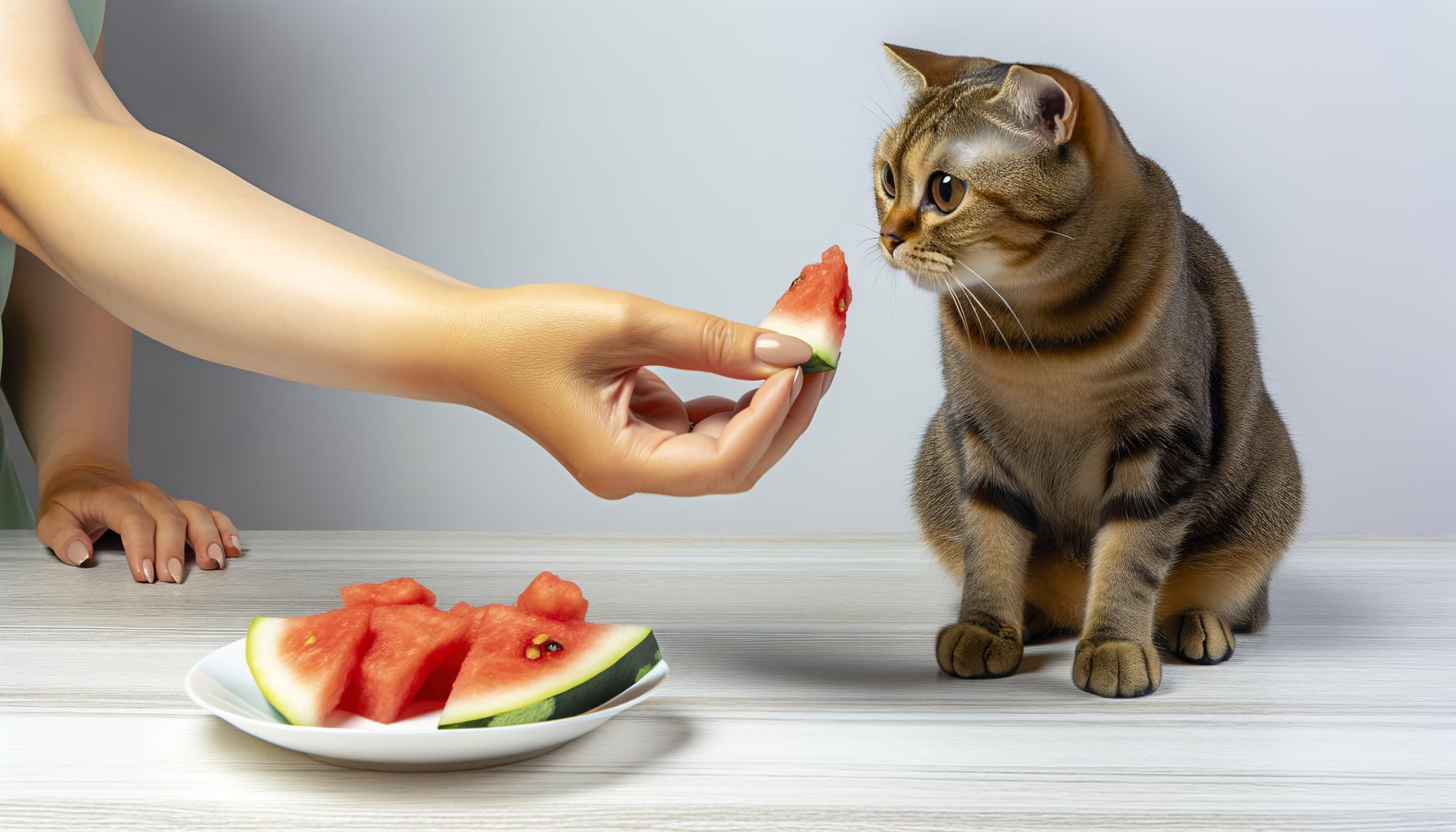
Feeding cats watermelon can be a unique treat your feline might enjoy. However, there are a few precautions to consider for your cat’s safety and health. Firstly, never furnish whole pieces. Felines could choke on big chunks, so be sure always to provide small, manageable pieces.
Mind the watermelon seeds and rind, as both could pose potential hazards to your cat. Seeds can lead to intestinal blockages, and the rind is tough and hard to digest. Carefully extract the seeds and only serve the red, fleshy part of the watermelon.
Lastly, remember that watermelon should only be a treat in your cat’s diet, not a main course. Felines are obligate carnivores, and although they may enjoy watermelon, it does not provide the necessary nutrients to sustain them. Monitor their intake to keep it occasional and moderate.
Understanding a Cat’s Dietary Needs
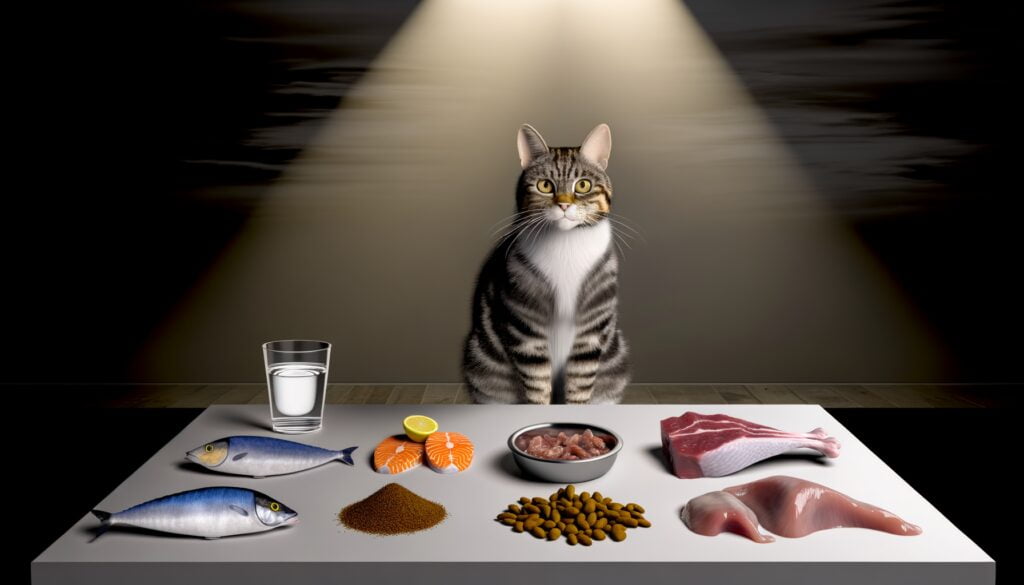
Felines, being obligate carnivores, primarily require a meat-based diet. Unlike omnivores such as dogs or humans, a cat’s dietary needs are distinctive due to their high protein requirements and lack of certain metabolic pathways. Taurine, an amino acid which is vital for vision, digestion, immune function, and heart muscle function is one such nutrient that cats need, which cannot be synthesized in their body.
The cat’s diet affects various physiological factors, including fur texture, energy levels, and even longevity. Consequently, providing a well-balanced diet promotes optimal health and well-being for cats. While the majority of a cat’s sustenance should come from a high-quality commercial cat food, a small amount of certain fruits, such as watermelon, can occasionally supplement their meals.
However, it’s critical to note that not all human food is safe for cats — even fruits. Cats are unable to process some fruits and vegetables, which may lead to digestive issues or even serious health complications if consumed. Understanding the nutritional aspects of these foods is therefore imperative. As for the consideration of whether or not cats can savour watermelon safely, a comprehensive exploration is needed.
Can Cats Safely Eat Watermelon? Benefits and Potential Risks
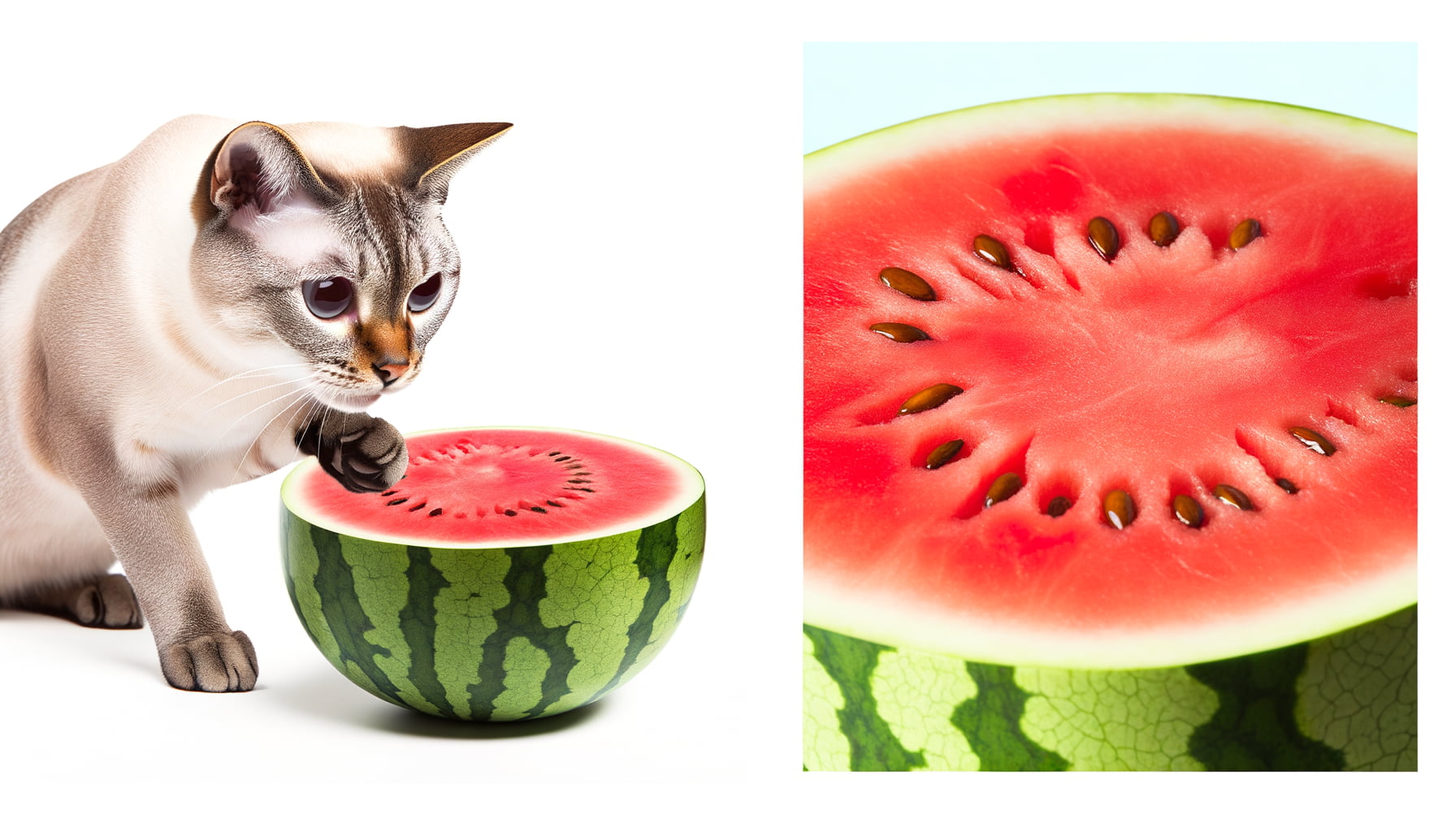
While we usually associate cats with a carnivorous diet, it is a common query if cats can safely eat watermelon. Watermelons, being a rich source of hydration, minerals, and vitamins, can serve as a refreshing treat for your felines during the sweltering summer months. However, they are not a nutritional necessity for cats.
The main benefits of watermelon for cats lie in its high water content, reaching up to 92%. This not only aids in hydration but also contributes to good urinary health by promoting kidney function. The melon’s low calories and negligible fat content could factor into a healthy treat for overweight cats as well. It’s also worth mentioning that vitamins A, C, and B6 found in watermelons can support your cat’s immune health and vision.
Conversely, the potential risks involve the seeds and rind of the watermelon, which can pose a choking hazard or lead to gastrointestinal blockages in cats. Moreover, while the fruit’s sugar content might not be a concern for humans, it could lead to digestive upsets in cats due to their natural lack of sweet taste receptors and lower tolerance for sugars. Consequently, watermelon should be provided as an infrequent treat in moderation, meticulously seedless and rindless.
The Nutritional Composition of Watermelon
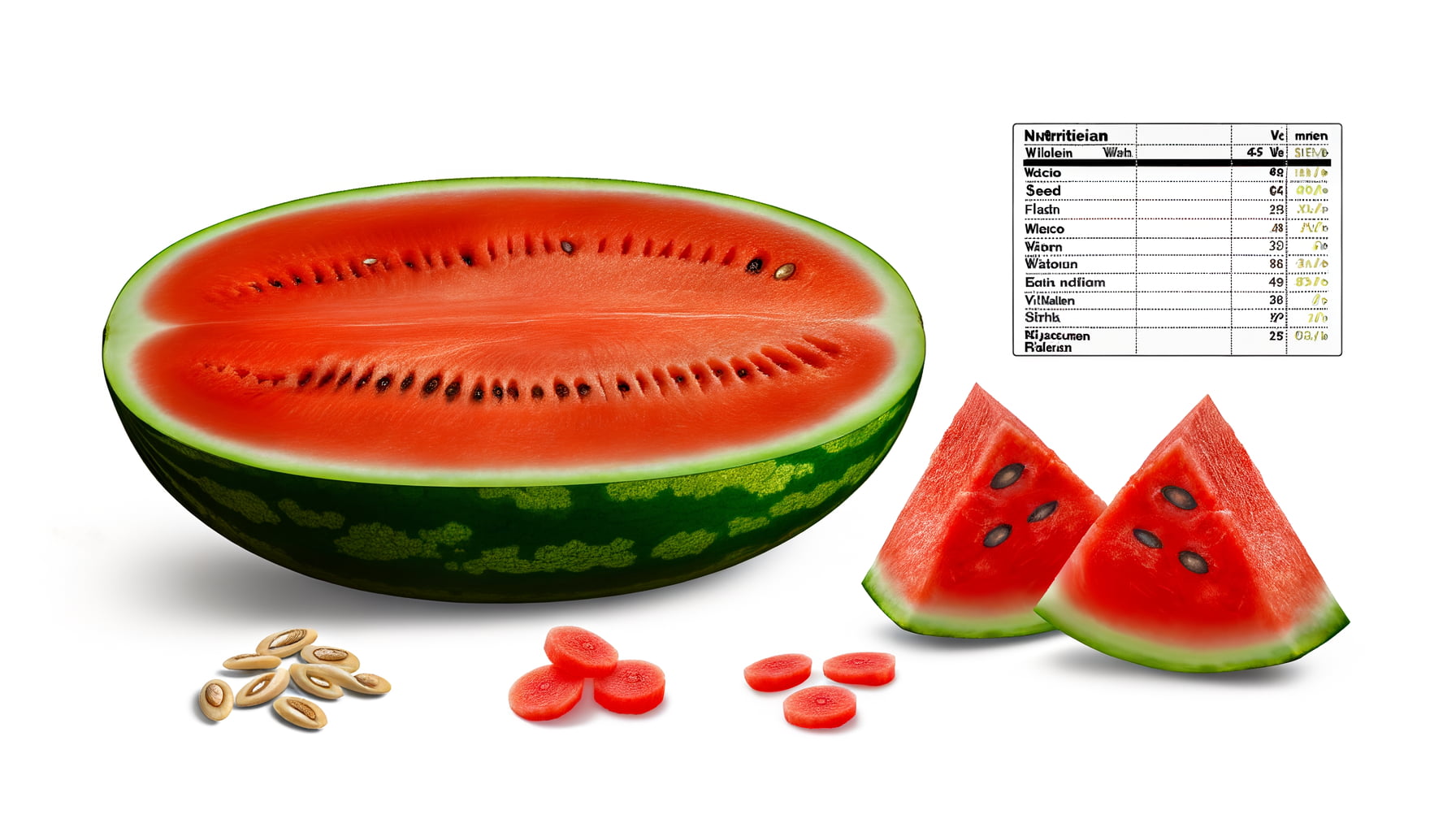
In the quest to understand the suitability of watermelon in a feline diet, a close examination of its nutritional composition stands as pivotal. A bite of this refreshing fruit primarily offers water, a crucial element for hydration. Moreover, approximately 92% of its weight is made up by water, making it an excellent option during hot days when your cat may need additional hydration.
Exploring further into its nutritional profile, watermelon is adorned with essential nutrients like lycopene, a powerful antioxidant attributed to its signature red hue, and Vitamins A and C, essential for vision and immune health respectively. Additionally, watermelon contains dietary fiber which promotes a healthy digestive system, although it is a nutrient cats mostly rely on meats for.
However, it’s essential to note the minute presence of sugar, albeit natural. While it is significantly less compared to other fruits, it still exists, warranting a cautious approach especially if your feline friend has diabetes or other health conditions where sugar intake needs to be monitored carefully. Hence, despite the beneficial aspects of watermelon, it is not entirely free of concerns, solidifying the need for moderation.
Conclusion
As we unravel the mysteries of feline diets, one question remains: can cats safely savor watermelon? While some cats may enjoy this juicy fruit in moderation, it’s crucial to remember that feline digestive systems are different from ours. As responsible pet owners, it’s important to consult with a vet before introducing any new foods into your cat’s diet.
Ultimately, the key takeaway is to always prioritize the health and well-being of our feline friends. By understanding their nutritional needs and making informed choices, we can ensure that they live long and happy lives. So, when it comes to sharing watermelon with your furry companion, remember to proceed with caution and always put their safety first.
